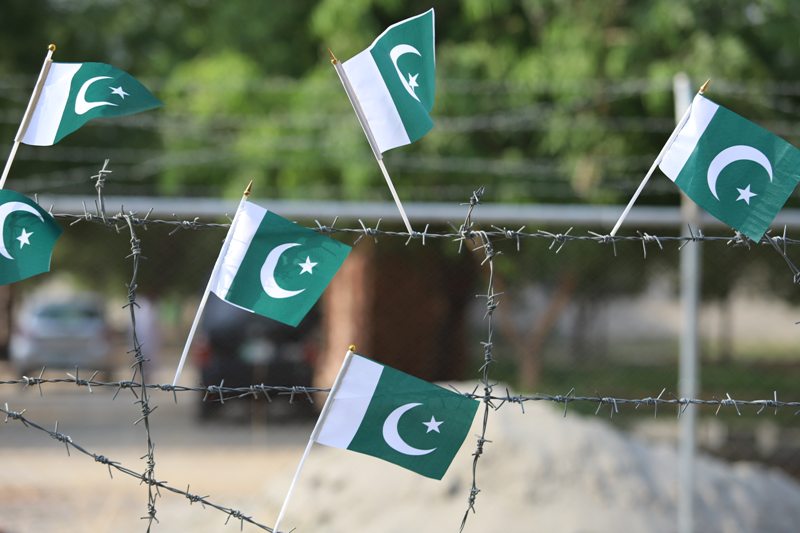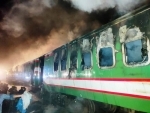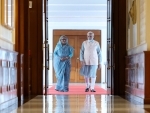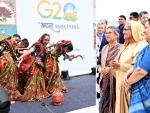South Asia
 Pakistan Human Rights
Pakistan Human Rights Human rights situation in Pakistan stigmatized with rising cases of forced disappearance and abduction
Islamabad: The culture of forced disappearance and abductions is not new in Pakistan, but the United Nations has expressed concern that such incidents are rising rapidly in recent years.
The concern is that such abductions are often carried out by state-sponsored military or intelligence agencies.
However, Pakistan has ridiculed the concerns of the United Nations over these disappearances and abductions. Due to the culture of impunity, abductions are taking place in the country, which is a disgrace to the human rights situation in Islamabad, according to Canada-based think tank, International Forum on Rights and Security (IFFRS).
According to the organization, media surveys, protests by human rights activists and judicial intervention have not moved the government's conscience. Concerns were raised last September at the 125th session of the United Nations Working Group on the Missing Persons (WGEID).
WGEID has presented a detailed report in this regard. In some cases, the country has been involved in kidnappings in Pakistan. However, the report said that there was "complete state reluctance" to go missing, adding that they also disrespected the UN body.
Pakistan says the disappearances of seven to eight years ago are still under investigation. The IFFRS said the perpetrators were not named in the disappearance case. No further investigation has been launched into the abductions. Pakistan has downplayed the allegations to avoid international attention.
Pakistan has ridiculed UN concerns over disappearances and abductions. Due to the culture of impunity, kidnappings are taking place in the country, which is a disgrace to the human rights situation in Islamabad.
In recent years, Amnesty International has called on Pakistan to take action. Last November, the organization made a documentary on the families of the abductees. It was named 'Living Ghost'. In this, 10 members of the families of the victims were interviewed. Their lives have become uncertain after they were abducted by Pakistani security forces.
After the US invasion of Afghanistan in 2001, the number of disappearances in Pakistan had increased dramatically. Terrorist activities also increased. Many people in the country became victims of suicide bombings.
The US-Pakistan joint "war on terror" began under the then Pak President Pervez Musharraf. Many were detained by government forces on suspicion of being terrorists. Many of the detainees were handed over to the US authorities.
Many were held at the infamous Guantanamo Bay prison. Amina Masood Janjua, chairman of Defence of Human Rights Pakistan, a leading human rights organization working against disappearances, said there had been more than 5,000 disappearances in Pakistan in the past two decades.
According to Amnesty, between 2011 and 2018, the commission received 3,000 disappearance cases. Most of the disappearances took place in Sindh and Balochistan.
But the country's judiciary claimed the numbers were exaggerated. No written complaint or action has been taken against those government forces involved in this heinous act.
The Dawn newspaper said it reported 510 disappearance cases in the first seven months of 2016 alone. A commission of inquiry called the Commission of Inquiry on Enforced Disappearances was set up in the country to investigate the disappearances.
Akil Shah, a professor of South Asian politics at the University of Oklahoma in the United States, said the culture of abducting anti-political leaders is the region's long-standing tradition.
In recent years, this malpractice has increased, and the government and its obedient state forces are responsible for this. The government has stepped up its crackdown on social media and against politicians, rights activists and journalists.



